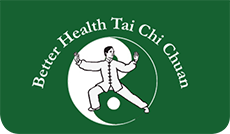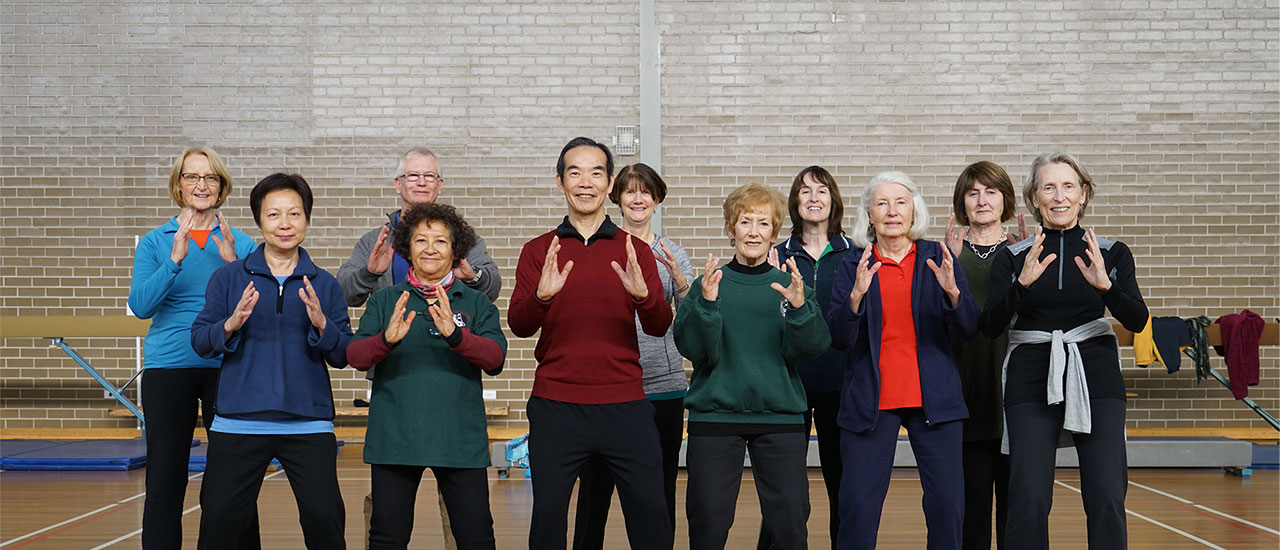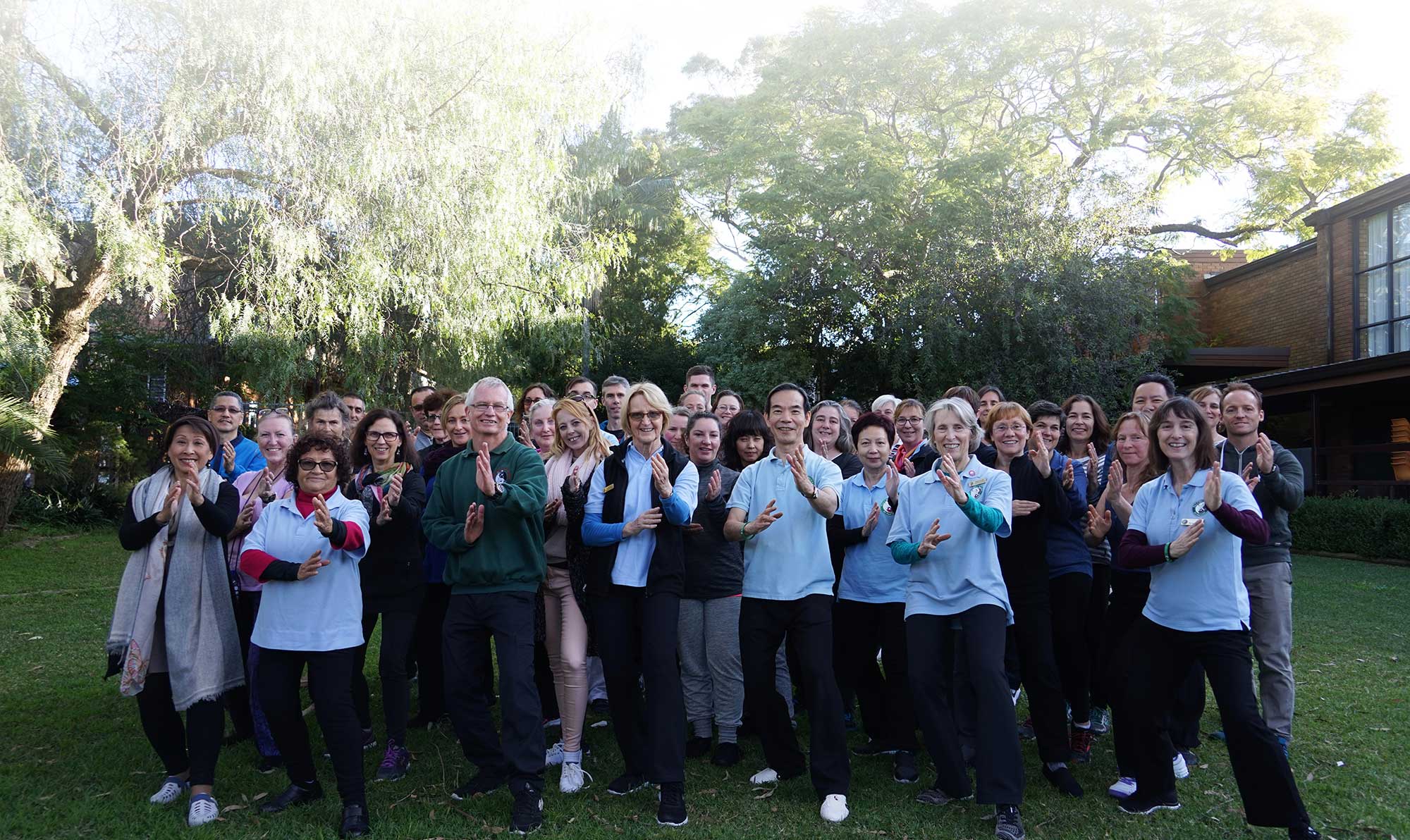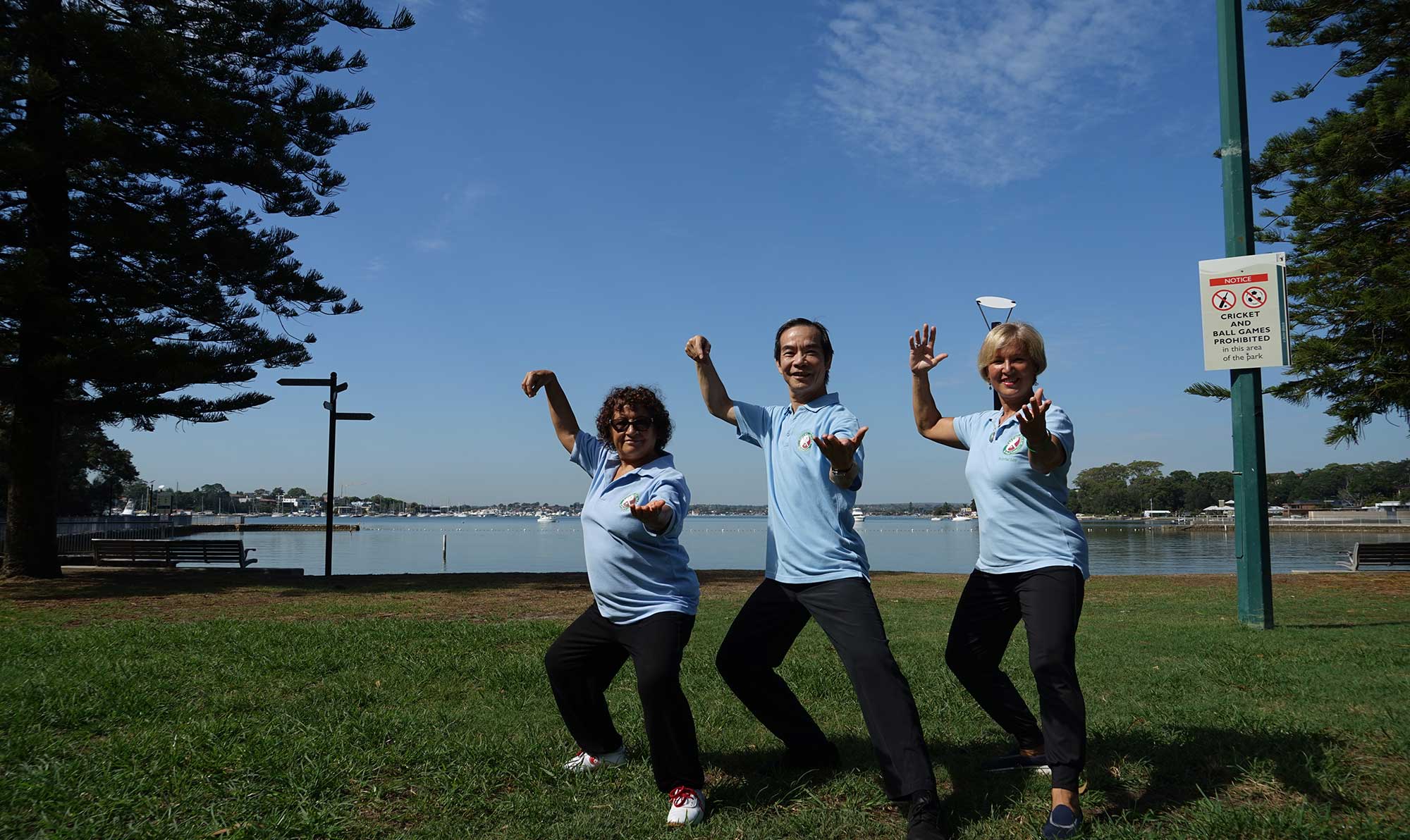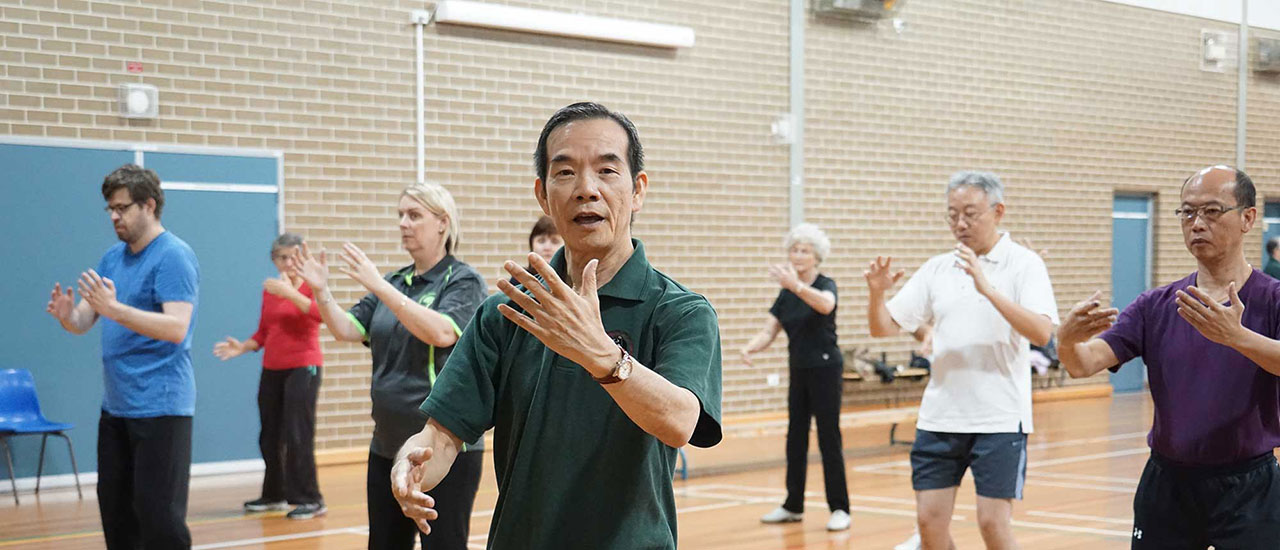Code of Ethics for Instructors
Better Health Tai Chi Chuan Inc.
Dedicated to improving health and the quality of life of people through Tai Chi
Preamble
Professional ethics are an essential part of the mission of the School. The code of ethics presented here serves to guide instructors’ behavior and encourage them to seek excellence in their tai chi and teaching. In this way this code of ethics not only supports, but strengthens the School’s mission.
1. Introduction
BETTER HEALTH TAI CHI CHUAN INC (hereafter the School) seeks to inform, teach and encourage people to understand and appreciate the positive life style benefits that Tai Chi offer.
This code of ethics offers guidance for instructors and provides a core of foundational principles underlying the safe and effective tai chi programs they were trained to teach. All qualified instructors are expected to accept and uphold these standards of practice. This code is presented as follows:
1. This introduction;
2. Purposes of the code of ethics;
3. Standards of practice;
4. Responsibility to students;
5. Responsibility to colleagues;
6. Responsibility to the School;
7. Professional integrity;
8. Review.
9. Addendum: Glossary of Terms
2. Purposes of the Code of Ethics for Instructors
The purposes of the following standards of practice are to:
2.1 Guide instructors to ensure that:
1. Their instruction is safe and effective and
2. Participants/students are treated with dignity and respect
2.2 Maintain a common base of standards for the safe and effective teaching and practicing of Tai Chi.
2.3 Enhance the unity of the conduct of the School members.
3. Standards of Practice
Better Health Tai Chi Chuan members who are instructors take personal responsibility for ensuring that their conduct adheres to the high standards established in global health communities. The universal standards of “first do no harm” and “all persons are treated with dignity and respect” are paramount in the practice of teaching and are specifically incorporated into these standards; and in addition instructors take steps to meet the standards of practice set by the School.
4. Responsibility to Participants/Students
In maintaining standards Better Health Tai Chi Chuan members who teach tai chi classes shall:
4.1 Prepare and teach their tai chi classes within the guidelines of the safe and effective teaching system they have been trained to use.
4.2 Continue their personal development as a means to maintain and improve skills, knowledge and professional conduct.
4.3 Monitor and encourage all participants/students to stay within their “comfort zone.”
4.4 Respect participants/students ‘ right to safety by avoiding physical contact
4.5 Treat all participants/students equally, avoiding favoritism or the appearance of favoritism
4.6 Respect participants/students diversity in all respects
4.7 Respect personal and confidential information disclosed by participants/students.
4.8 Be aware of the limits of their skills, experience and knowledge.
4.9 Consult with mentors and knowledgeable professionals when such consultations are needed.
4.10 Refer participants/students to their health professional when asked about health concerns by the participants/students.
5. Responsibility to Colleagues
Better Health Tai Chi Chuan instructors take responsibility for treating colleagues with respect. As a colleague, an instructor will:
5.1 Speak positively and kindly of other instructors.
5.2 Respect personal boundaries and established relationships between instructors and their students. Offer guidance to a colleague if asked, especially by one who is less experienced.
5.3 Provide accurate descriptions of their certifications and related qualifications.
5.4 Provide honesty in all advertising and promotional materials.
5.5 Participate proactively in opportunities of collaborating with colleagues to promote the School.
6. Responsibility to the School
As a member of Better Health Tai Chi Chuan, instructors support the growth and development of the School by:
6.1 Maintaining their membership
6.2 Updating their certifications as appropriate
6.3 Contributing to the School such as serving on a committee
6.3 Responding to requests for time and talent
6.4 Recruiting new members to the organization.
6.5 Participating in the School sponsored events
7. Professional Integrity:
Better Health Tai Chi Chuan instructors represent the School in a professional manner by:
7.1 Describing themselves as tai chi instructors in an honest and accurate way in all respects
7.2 Presenting a positive image to their community
7.3 Supporting the goals and positive intentions of the School
8. Review:
The School is committed to reviewing this Code in the light of experience and on a regular basis with the aim of improving both the process and the outcomes from it.
The Code is to be reviewed at least every two years and also in the light of experience, best practice or significant change. All aspects of this Code shall be open to review at any time.
This document is dated September 1st, 2012. This Document shall stay in force until any modifications are formally agreed to by the School and a new version issued.
ADDENDUM:
Glossary of Terms
Code of Ethics: Standards of conduct established by an organization representing professions that apply to individuals in their professional capacity.
Cross- cultural approach: Based on the golden rule of treating everyone with dignity and respect, instructors strive for cross cultural understanding in an effort to provide safe and effective Tai Chi teaching.
Diversity: Conscious practices that involve: Respecting the views and beliefs of others in regard to gender, ethnic origins, religion, culture, sexuality, lifestyle, age and social status.
Instructors: Persons trained and certified to teach Tai Chi.
Professional Integrity: Quality characterized by honesty, reliability, and fairness
Responsibility: A legal and moral duty to use one’s knowledge in order to benefit participants of Tai Chi in ways that benefit them and society at-large
Standards of Practice: A minimum level of performance one is required to demonstrate in the achievement of a specific task or skill.
